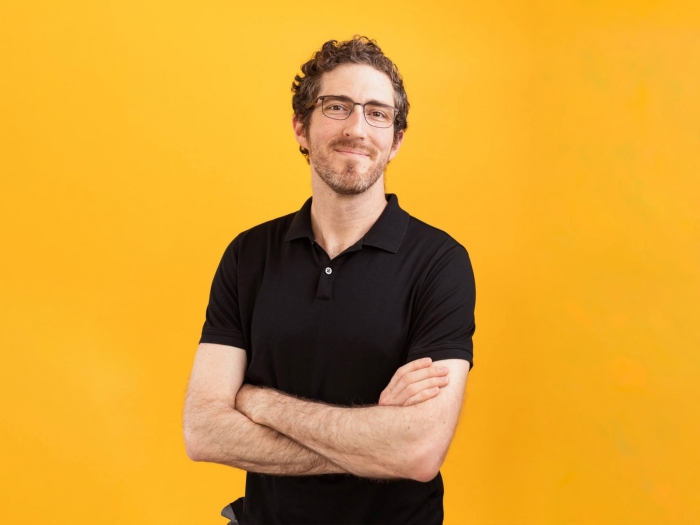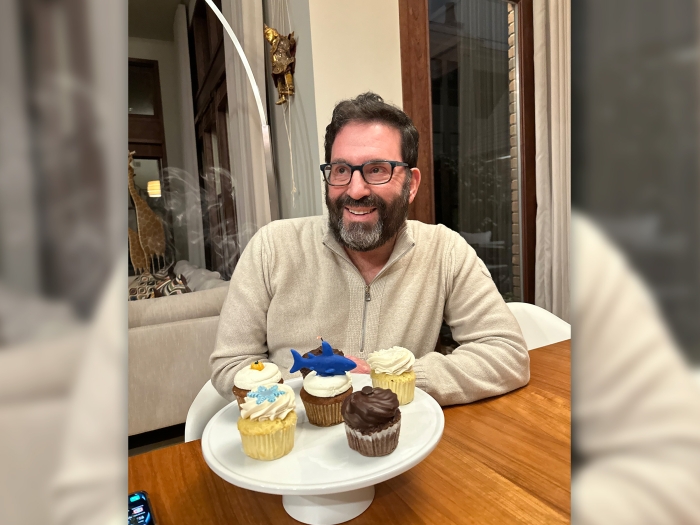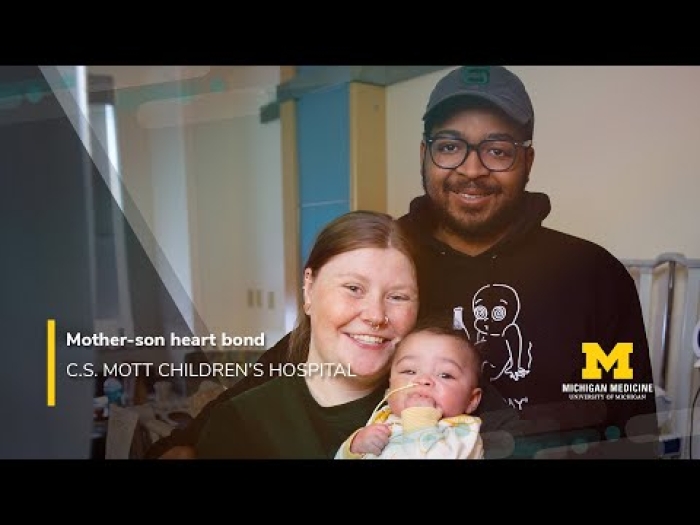Donations will aid scientists’ search for answers about the coronavirus and its effects
Author |
The key to defeating COVID-19 might be floating in the blood of the tens of thousands of Michiganders who have recovered from the disease, and the thousands more who are still feeling its effects.
Now, they can get their revenge on the virus that made them sick, by donating a few teaspoons of their blood to the University of Michigan.
Those donations, shared among dozens of scientific teams, will fuel new COVID-19 research projects at U-M and beyond. U-M scientists and their colleagues are working to understand the coronavirus and its effects, and develop new ways to prevent and treat the disease it causes.
People who have tested positive for COVID-19 can express interest in donating blood samples and sharing their health information in a secure way for scientists to use in their research. More information is available at http://michmed.org/lAapv or via [email protected].
Already, 800 COVID-19 patients cared for at U-M’s academic medical center, Michigan Medicine, have donated more than 17,000 samples to the effort. Now, it is open to participants who are not Michigan Medicine patients.
A library for COVID-19 scientists
All donated samples will become part of the U-M COVID-19 Biorepository. This “library” of samples, kept frozen, allows researchers to take tiny amounts of each donor’s blood cells or plasma back to their labs for analysis. An advanced information system keeps the identities of the donors, and information about their health, secure.
By studying hundreds of samples, scientists can learn what molecules are most often found in the blood of people with active or past COVID-19. They’re looking for signs of the immune system’s response to the virus, such as antibodies, cytokines and more.
Researchers can also use advanced genetic analysis to see what genes in patients’ cells were most active at the time samples were taken. This could help uncover how tiny variations in DNA might play a role in how ill someone gets when infected.
The data generated by each team’s analysis can be shared with other scientists, so that one person’s samples can fuel many different projects and answer many different questions.
People who give a COVID-19 blood sample to U-M can also give permission for their information to be shared outside U-M, with companies developing diagnostic tests, drugs and more.
The COVID-19 library is part of the larger U-M Central Biorepository, which has more than half a million samples from more than 108,000 people. This includes more than 87,000 people who have had surgery at U-M and are part of the Michigan Genomics Initiative run by U-M Precision Health. Some of those samples will provide valuable comparisons for the COVID-19 samples.
In addition to the COVID-19 Biorepository project, U-M researchers need participants for a wide range of other studies – including people who have not yet had COVID-19, and people who have had symptoms but have not had a positive result on either a test for active infection or antibodies. More information: http://michmed.org/39j1B

Department of Communication at Michigan Medicine





